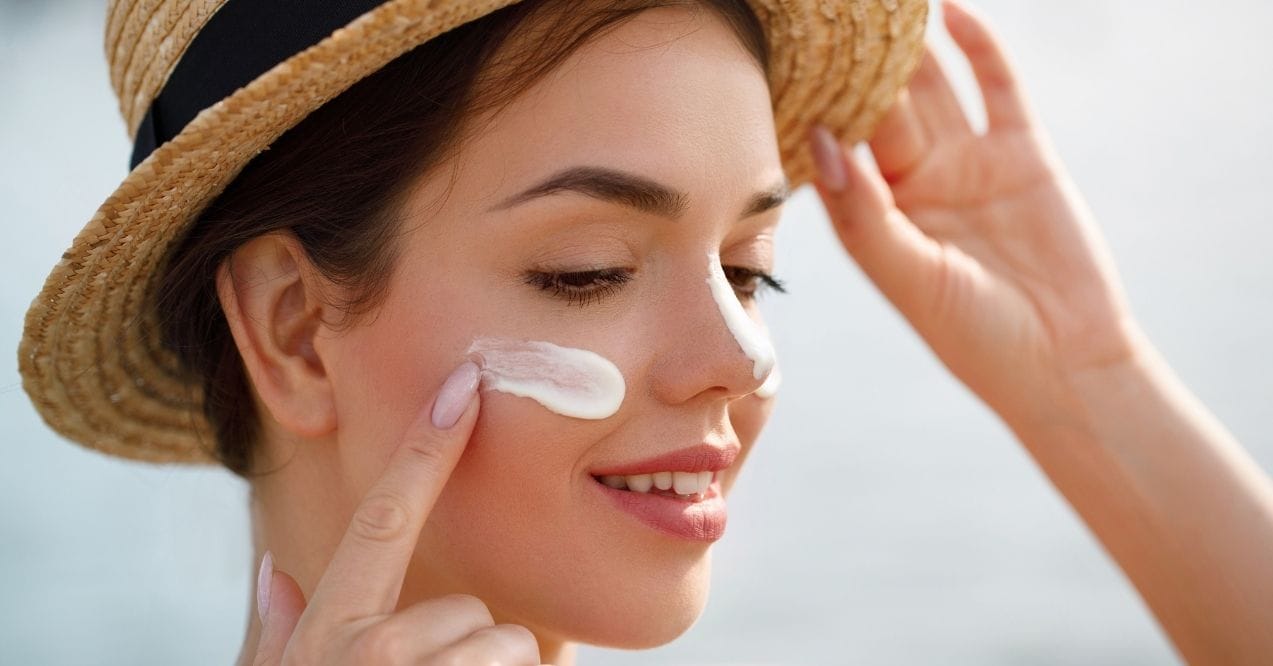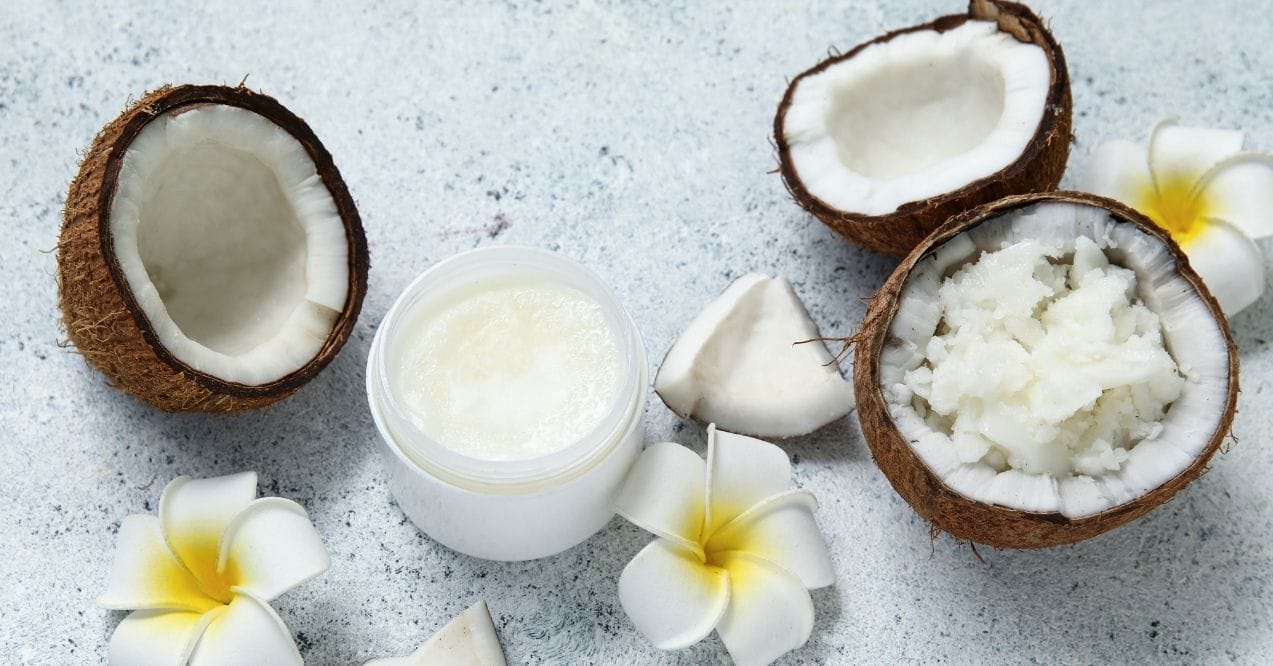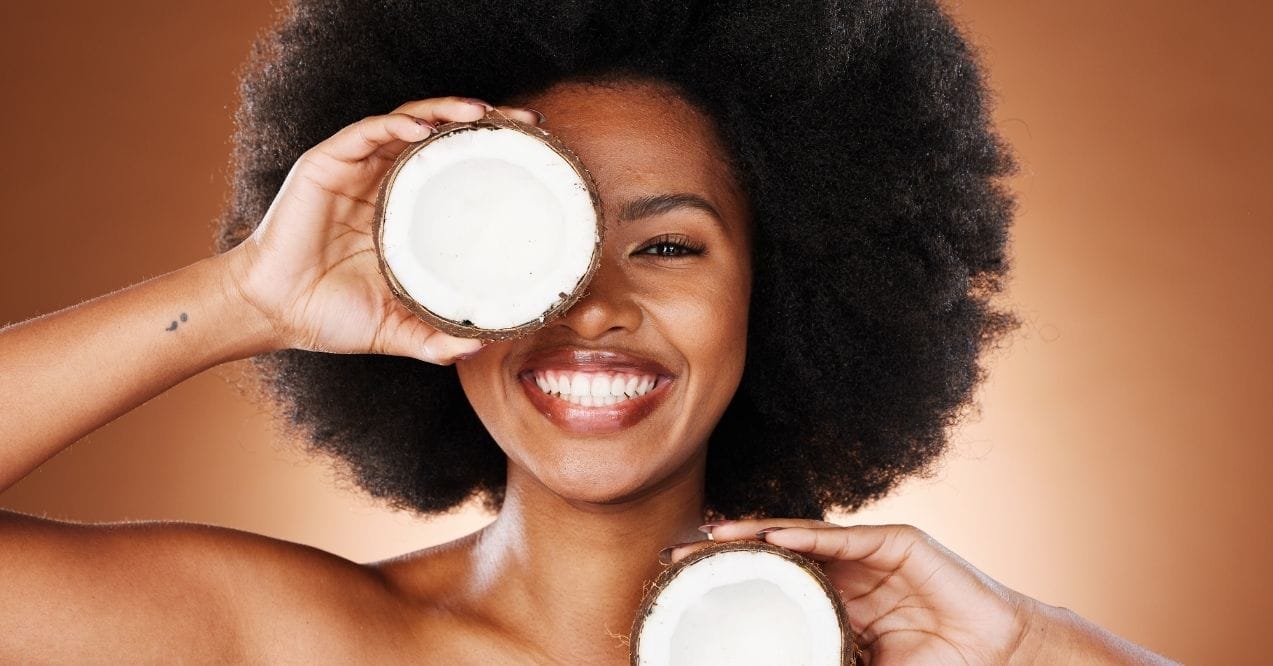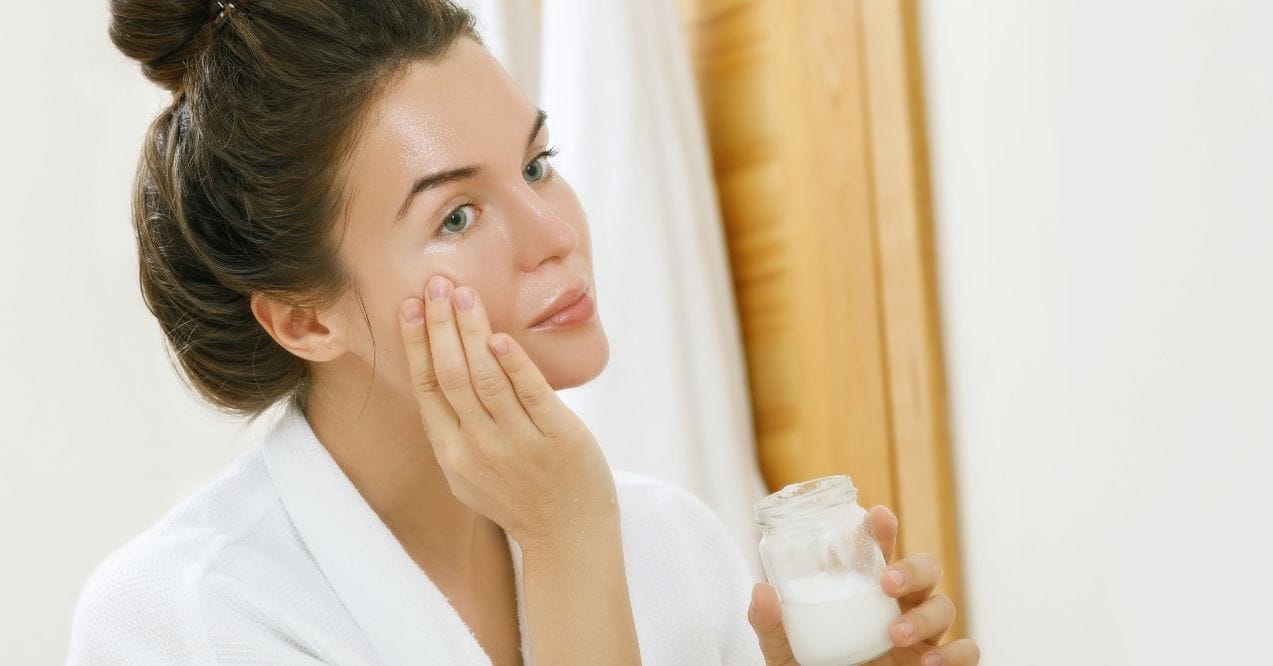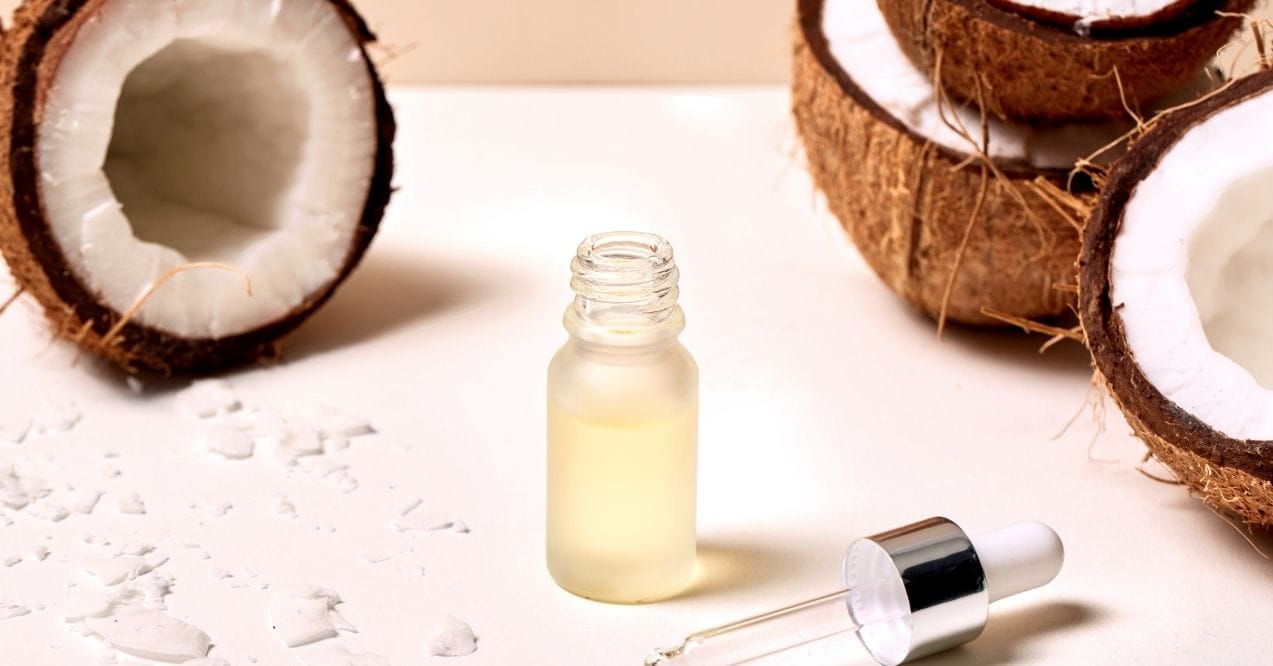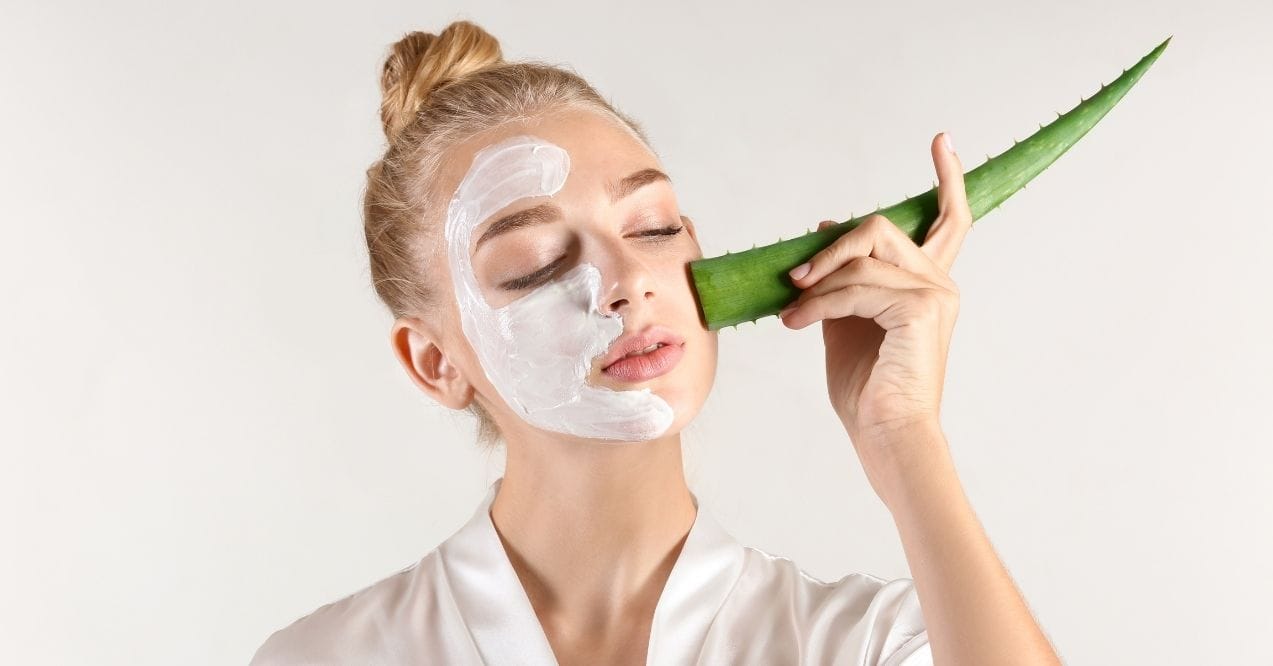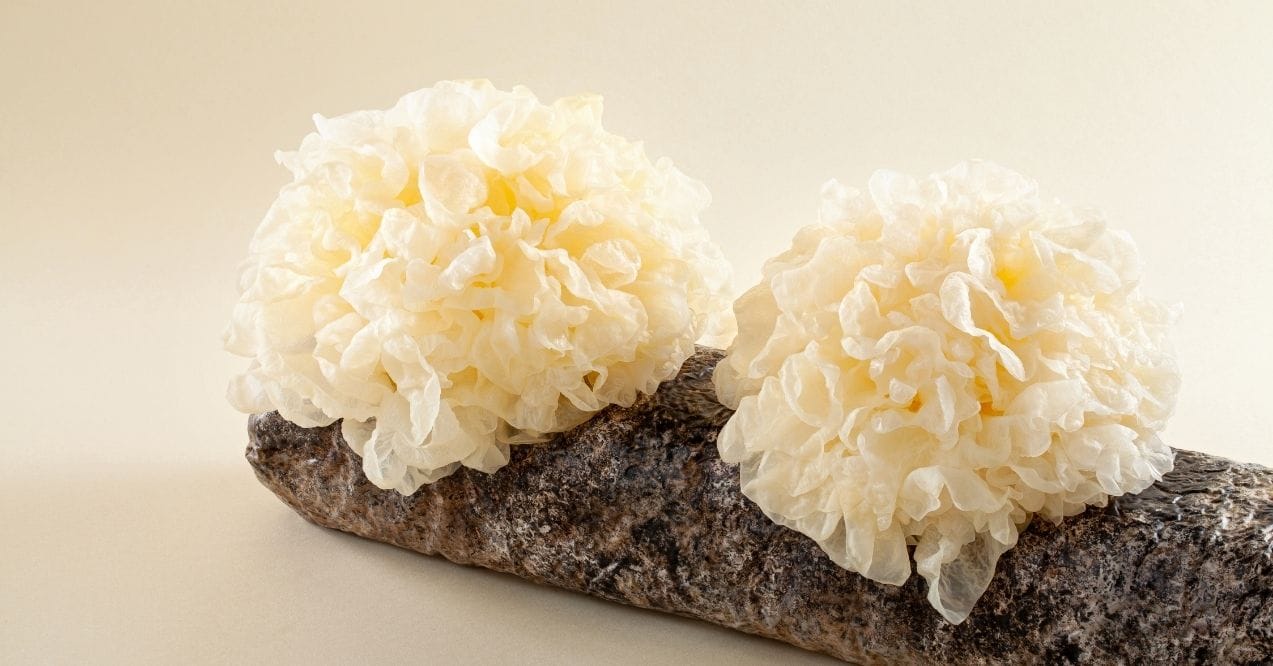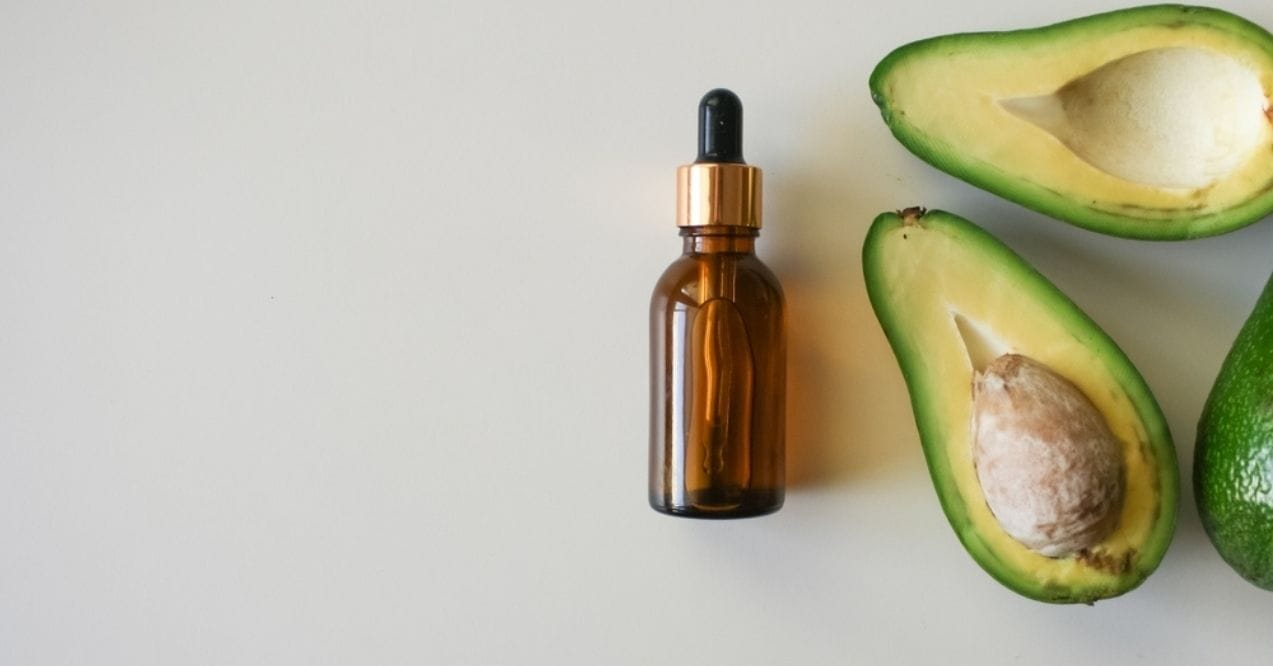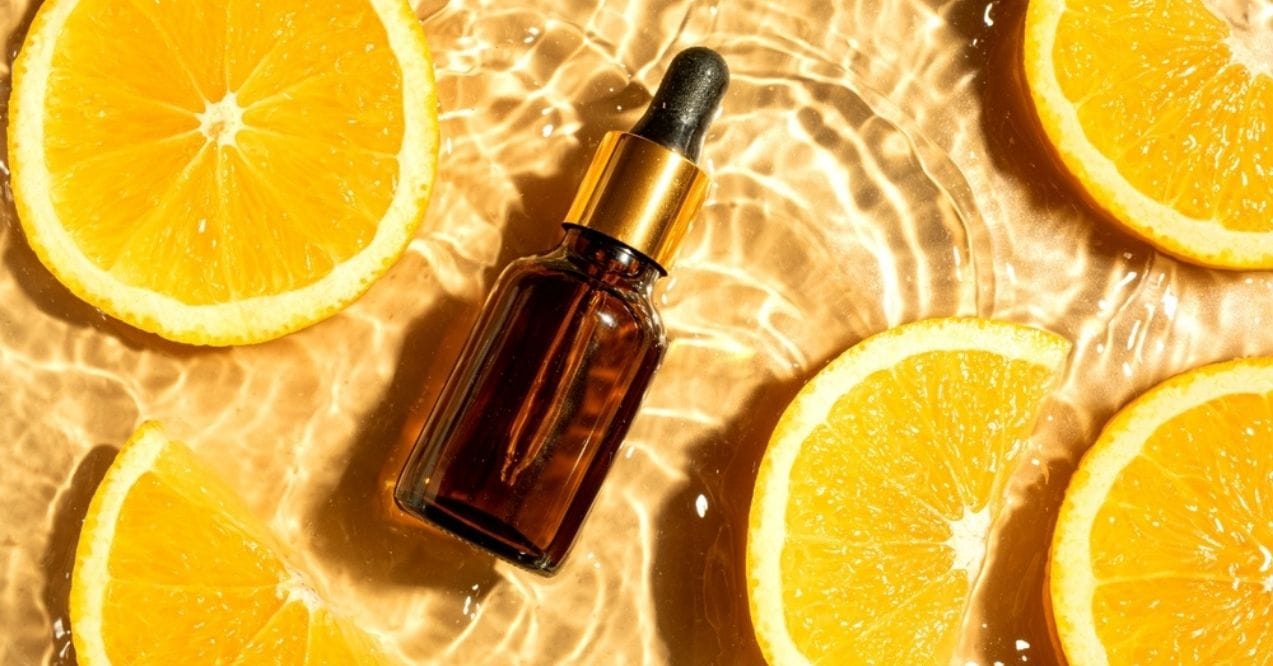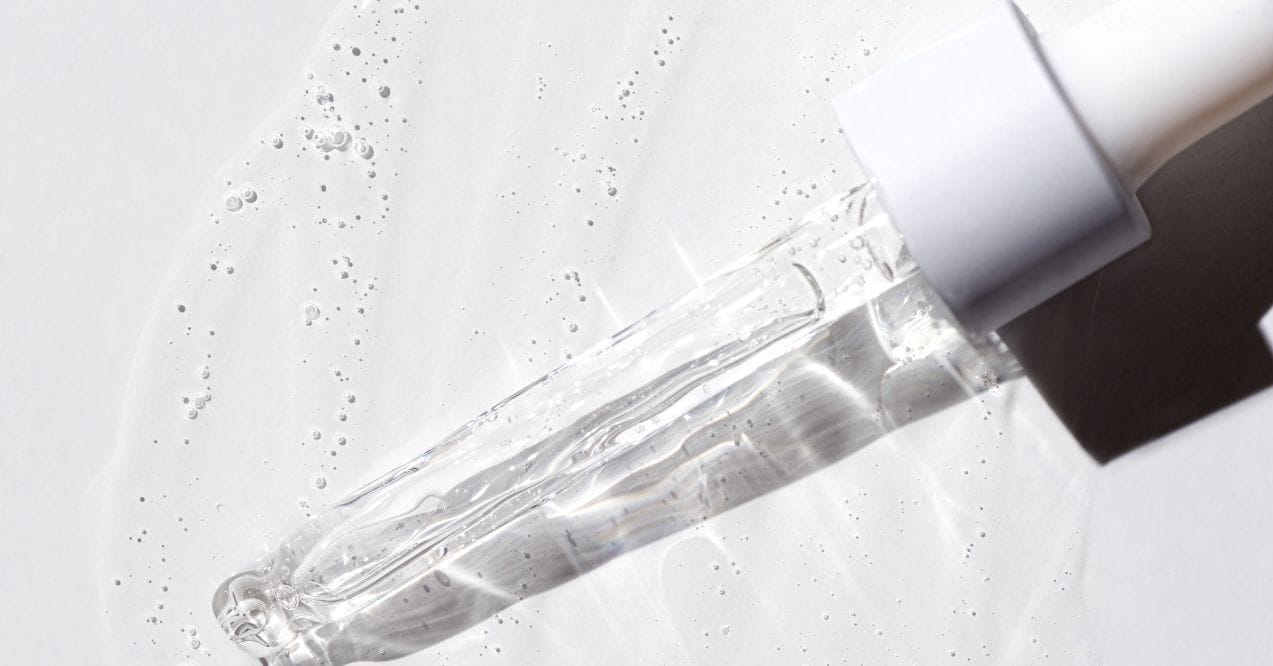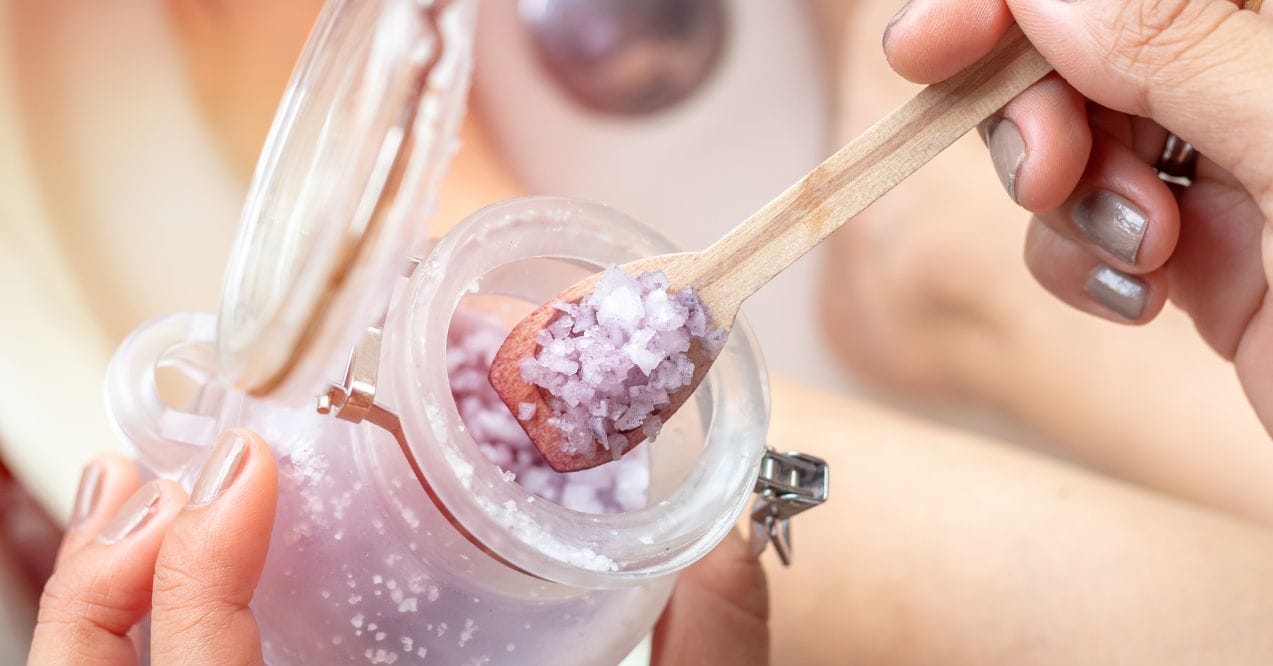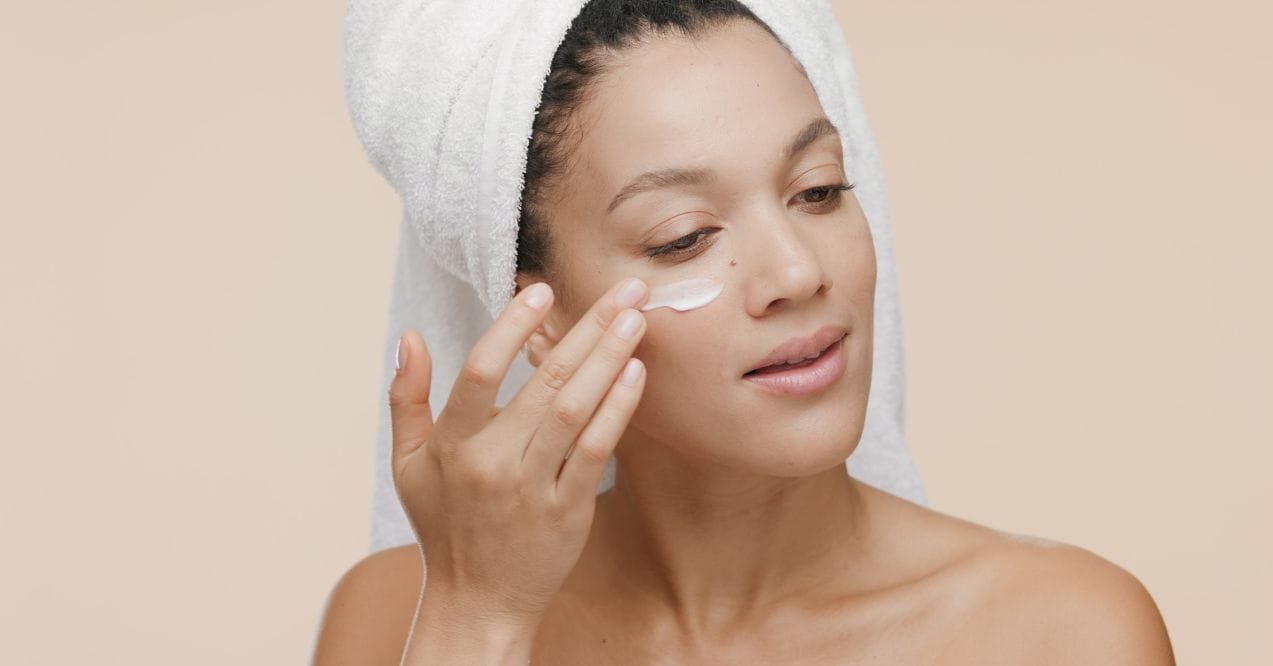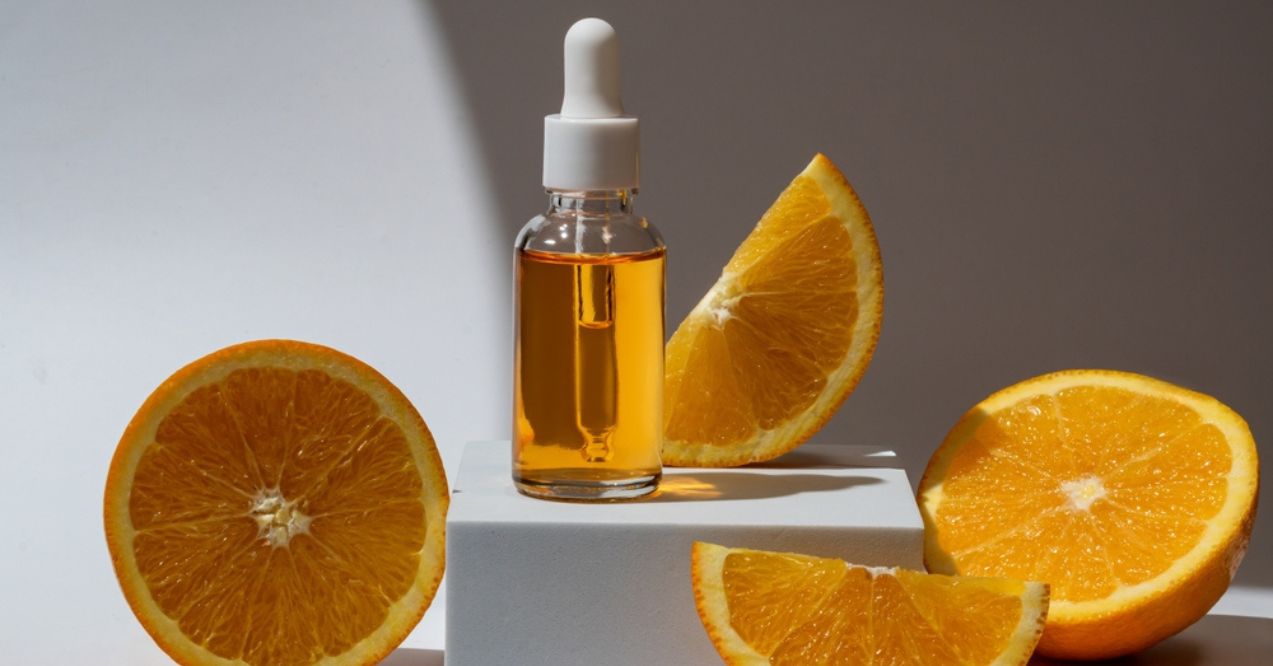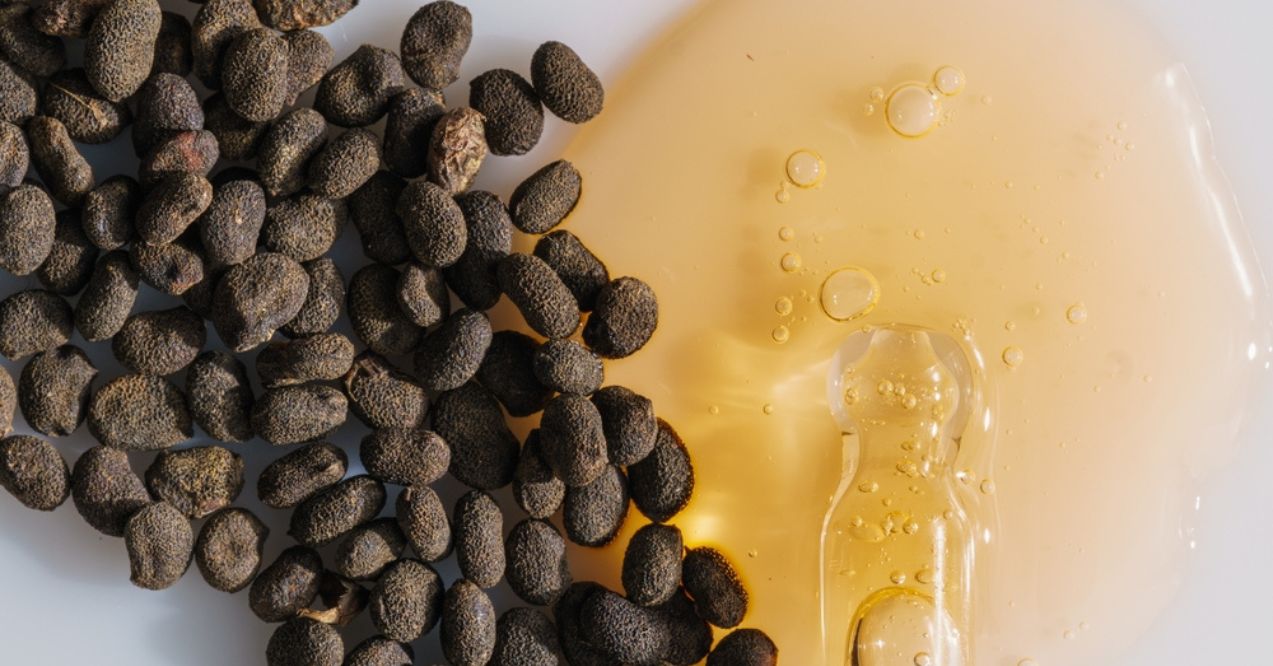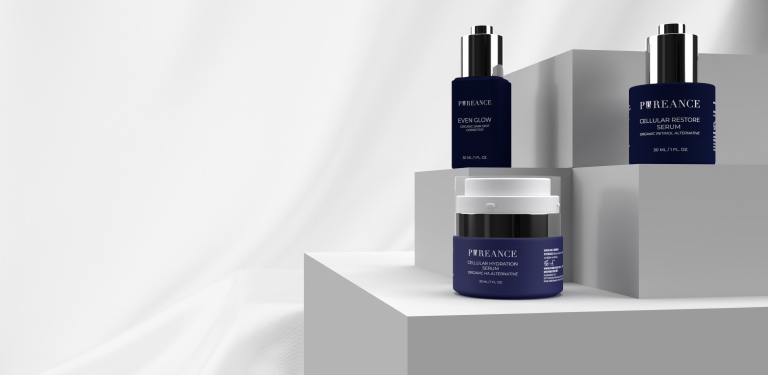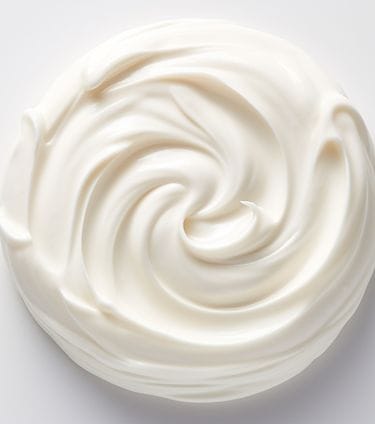
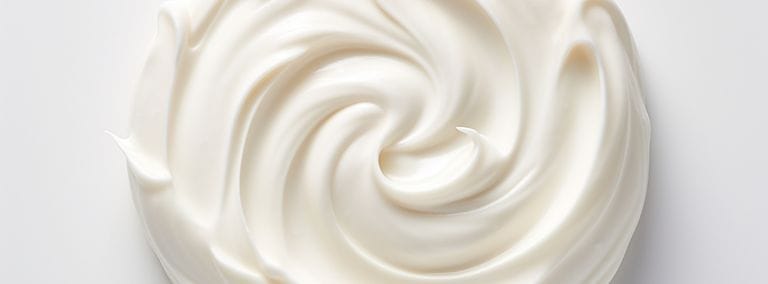

Coconut Oil as Sunscreen Is Not Enough
Natural skincare has captured the hearts of women seeking gentler alternatives to synthetic products. Many mature women are exploring coconut oil as sunscreen, drawn to its moisturizing properties and chemical-free appeal. Social media influencers and wellness blogs often promote this tropical oil as a natural sun protection solution.
However, understanding the science behind sun protection becomes even more critical as our skin changes with age. Mature skin requires special care and adequate protection from harmful UV rays. While coconut oil offers certain skin-supporting benefits, it’s essential to examine whether it can truly safeguard your skin from sun damage.
Let’s explore what research reveals about this popular natural ingredient and its role in sun protection.
Key Article Findings
- Coconut oil’s SPF 4-8 blocks only 20% of UV rays – insufficient for sun protection compared to recommended SPF 30+.
- Relying solely on coconut oil increases UV damage risk, accelerated aging, and potential for malignant cell growth.
- Use coconut oil for moisturizing and after-sun care, not as primary sun protection.
- Layer under mineral sunscreen to enjoy coconut oil’s benefits while maintaining proper UV protection.
What Science Says About Coconut Oil as Sunscreen
Scientific research provides clear insights into whether coconut oil as sunscreen offers adequate protection for mature skin. Let’s examine the evidence behind this popular natural ingredient’s sun protection capabilities.
Coconut Oil SPF Level Explained
Laboratory studies reveal that coconut oil spf level ranges between approximately 4-8, which translates to blocking only about 20% of UV rays. This minimal protection falls far short of dermatological recommendations for daily sun exposure. For comparison, experts suggest using products with SPF 30 or higher, which block about 97% of UVB rays.
This low SPF means coconut oil allows 80% of harmful rays to reach your skin. During a 30-minute outdoor activity, your skin would receive the same UV exposure as spending 24 minutes completely unprotected.
Does Coconut Oil Act as a Sunscreen?
While many wonder is coconut oil a natural sunscreen, the answer requires understanding how sun protection actually works. Coconut oil contains antioxidants like vitamin E and moisturizing fatty acids that support skin barrier function. However, it lacks the molecular structure necessary to effectively absorb or reflect UVA and UVB rays.
True sunscreens contain specific compounds designed to create a protective shield. Coconut oil’s benefits lie in moisturizing and supporting skin health, not in blocking harmful radiation.
FDA & Dermatologist Standards
Professional sunscreen standards require rigorous testing and verification:
- SPF claims must undergo standardized laboratory testing
- Broad-spectrum protection against both UVA and UVB rays is essential
- Water-resistance testing ensures lasting protection
- Regular quality control maintains consistent protection levels
Coconut oil hasn’t undergone these verification processes and doesn’t meet established sun protection criteria.
The Risks of Using Coconut Oil Instead of Sunscreen
Relying on coconut oil instead of sunscreen poses significant risks for mature skin health. While this natural oil feels soothing and moisturizing, it leaves your skin vulnerable to harmful UV radiation. Understanding these risks helps you make informed decisions about sun protection.
Increased Risk of UV Damage
Inadequate sun protection accelerates skin aging and structural damage. Without proper UV blocking, your skin experiences:
- Oxidative stress – Breaks down collagen and elastin fibers
- Visible aging signs – Deep wrinkles, uneven pigmentation, loss of firmness
- Cellular damage – DNA changes that accumulate over time
- Structural deterioration – Weakened skin barrier and support systems
Extended UV exposure through insufficient protection can lead to precancerous changes and malignant cell growth. The minimal protection coconut oil provides simply cannot shield your skin from these harmful effects.
Coconut Oil Can Give a False Sense of Security
Applying coconut oil creates a dewy, moisturized appearance that may feel protective. This glossy barrier might even provide temporary comfort against sun exposure. However, this sensation doesn’t translate to actual UV protection.
Many people reapply traditional sunscreen every two hours, but coconut oil users often skip this crucial step. The oil’s pleasant texture and natural origin can create dangerous complacency about sun safety.
Special Considerations for Mature Skin
Mature skin requires enhanced protection due to natural age-related changes:
- Thinner epidermis – Skin loses thickness with age, allowing UV rays to penetrate more deeply
- Reduced natural defenses – Decreased melanin production means less inherent protection
- Slower cellular repair – Damaged cells take longer to regenerate in mature skin
- Cumulative sun exposure – Years of UV exposure make additional protection essential
How Coconut Oil Can Support Skin Health (But Not Replace Sunscreen)
While coconut oil cannot provide adequate sun protection, it remains a valuable addition to your skincare routine. This natural moisturizer offers multiple benefits that support skin health when used alongside proper sun protection.
Moisturizing Benefits
Coconut oil’s rich fatty acid profile makes it an excellent moisturizer for mature skin. Its medium-chain fatty acids, particularly lauric acid, penetrate skin layers effectively to maintain hydration. This deep moisturizing action helps support skin barrier function and promotes a smoother, more supple appearance.
Regular application can alleviate dry patches and flakiness common in mature skin. The oil’s occlusive properties help lock in moisture, creating a protective layer that supports skin’s natural hydration balance.
Antioxidant Support
Coconut oil contains natural antioxidants, including vitamin E and phenolic compounds. These components help reduce oxidative stress that occurs from environmental exposure. By supporting your skin’s defense against free radicals, coconut oil promotes cellular health and vitality.
This antioxidant activity makes coconut oil particularly beneficial when incorporated into evening skincare routines.
After-Sun Soothing
Following sun exposure with proper protection, coconut oil serves as an excellent after-sun treatment:
- Immediate hydration – Replenishes moisture lost during outdoor activities
- Soothing properties – Calms skin irritation and reduces discomfort
- Barrier support – Helps maintain skin’s protective function
- Natural recovery – Supports skin’s overnight regeneration processes
The Safe Way to Incorporate Coconut Oil Into Your Suncare Routine
Smart sun protection doesn’t mean abandoning coconut oil entirely. By understanding its proper role, you can enjoy its skin-supporting benefits while maintaining adequate UV protection.
Use It as a Layer, Not a Replacement
Coconut oil works beautifully as a hydrating base layer beneath your sunscreen. Apply a thin layer to clean skin, allowing it to absorb for 5-10 minutes before adding broad-spectrum protection. This layering approach provides deep moisturization without compromising sun safety.
The oil’s emollient properties can actually enhance sunscreen application by creating a smooth canvas. However, always ensure your sunscreen remains the primary protective barrier.
Choose Mineral Sunscreens for Daily Protection
Mineral sunscreens offer gentle yet effective protection for mature skin. Look for formulas containing:
- Non-nano zinc oxide provides broad-spectrum coverage without penetrating skin
- Titanium dioxide offers additional UV protection with minimal irritation
- SPF 30 or higher ensures adequate daily protection
- Fragrance-free formulas reduces potential sensitivity reactions
Timing Matters
Strategic timing maximizes coconut oil’s benefits while maintaining safety:
- Morning – Brief exposure before 9 AM may allow minimal coconut oil use
- Midday – Under umbrellas or trees, combine with protective clothing
- Evening – Perfect time for coconut oil’s moisturizing benefits
- Indoor days – Safe for hydration when UV exposure is minimal
Common Myths About Coconut Oil as Sunscreen
Misinformation about natural sun protection spreads rapidly through social media and wellness blogs. Let’s examine the most persistent myths surrounding coconut oil’s sun protection claims.
“It Has Antioxidants, So It Protects Against Sun”
This misconception confuses internal cellular support with external UV blocking. While coconut oil’s antioxidants help reduce oxidative stress after UV exposure, they cannot physically block or absorb harmful rays. Think of antioxidants as damage support, not damage prevention.
Sun protection requires specific compounds that create a physical or chemical barrier against radiation. Antioxidants work at the cellular level, supporting skin health but offering no shield against incoming UV rays.
“Islanders Have Used It for Generations”
Traditional island populations had vastly different sun exposure patterns than modern lifestyles demand. Their activities included:
- Gradual, lifetime exposure building natural protection
- Shade-seeking during peak hours
- Protective clothing and coverings
- Different genetic adaptations to sun exposure
Today’s intermittent, intense sun exposure requires more robust protection than traditional practices provided.
“Natural Means Safe”
Natural origin doesn’t guarantee adequate protection. Poison ivy is natural, yet harmful. Similarly, while coconut oil naturally supports skin health, it cannot safeguard against UV radiation’s damaging effects.
Effective sun protection requires scientifically proven ingredients, whether naturally derived or laboratory-developed. The source matters less than the verified protective capability.
Conclusion
While coconut oil as sunscreen has gained popularity in natural skincare circles, science clearly shows it cannot provide adequate UV protection. With an SPF of only 4-8, coconut oil blocks merely 20% of harmful rays – far below the protection mature skin requires.
However, this doesn’t diminish coconut oil’s value in your skincare routine. Its moisturizing properties, antioxidant content, and soothing benefits make it an excellent complement to proper sun protection. Use it as a hydrating base layer, an after-sun treatment, or evening moisturizer—but always pair it with broad-spectrum SPF 30+ sunscreen for outdoor activities.
Your skin deserves both natural nourishment and scientifically proven protection. Embrace coconut oil’s benefits while respecting its limitations for truly healthy, resilient skin.
No, coconut oil cannot effectively replace sunscreen. While it offers moisturizing benefits and contains antioxidants, it provides minimal UV protection. Its low SPF cannot adequately shield skin from harmful radiation, making proper broad-spectrum sunscreen essential for safe sun exposure.
Coconut oil has an SPF level of approximately 4-8, blocking only about 20% of UVB rays. This minimal protection falls far short of dermatological recommendations of SPF 30 or higher, which blocks 97% of UVB rays for adequate sun protection.
Coconut oil provides minimal protection against UVB rays (about 20%) and virtually no protection against UVA rays. It lacks the molecular structure necessary to effectively absorb or reflect either type of UV radiation, unlike formulated sunscreens with broad-spectrum protection capabilities.
This site offers health, wellness, fitness and nutritional information and is designed for educational purposes only. You should not rely on this information as a substitute for, nor does it replace, professional medical advice, diagnosis, or treatment. If you have any concerns or questions about your health, you should always consult with a physician or other health-care professional. Do not disregard, avoid or delay obtaining medical or health related advice from your health-care professional because of something you may have read on this site. The use of any information provided on this site is solely at your own risk.
Nothing stated or posted on this site or available through any services are intended to be, and must not be taken to be, the practice of medical or counseling care. For purposes of this agreement, the practice of medicine and counseling includes, without limitation, psychiatry, psychology, psychotherapy, or providing health care treatment, instructions, diagnosis, prognosis or advice.

